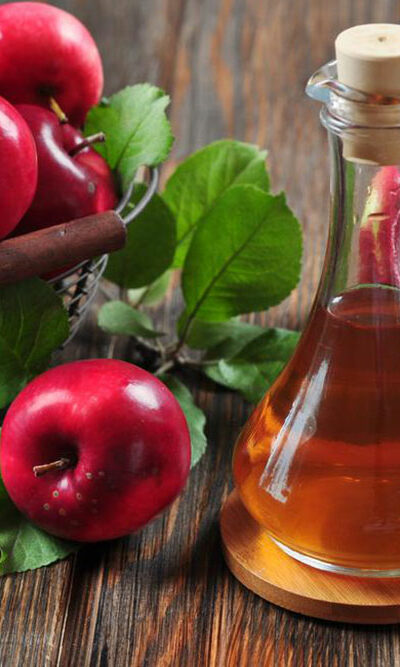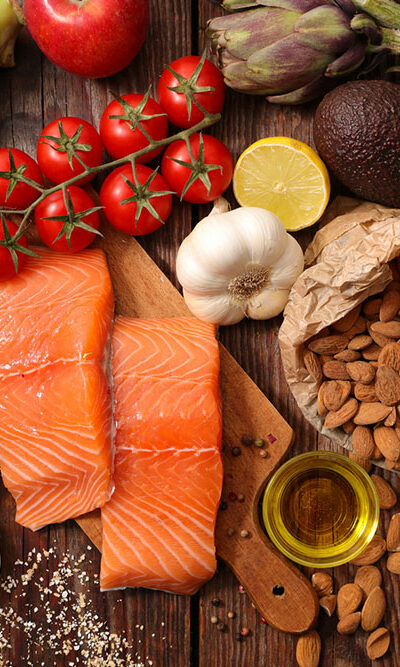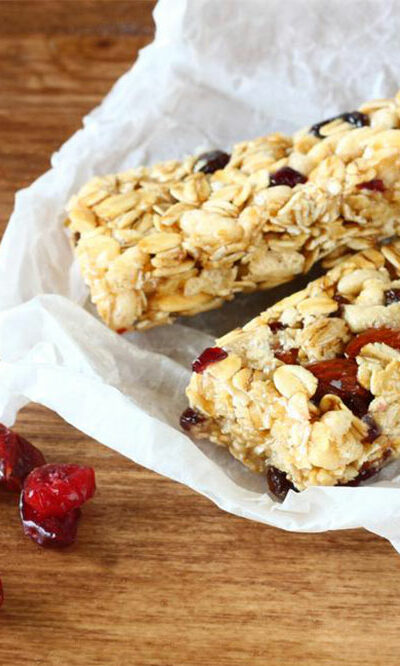
Follow this diet to manage symptoms of cervical cancer
The American Cancer Society estimates that over 13,240 women were diagnosed with cervical cancer and of these 4,170 women have died. Eating various vegetables and fruits will protect you from cervical cancer. This cancer is caused by the human papillomavirus (HPV). A diet that is high in folate, flavonoids, carotenoids, and antioxidants helps fight the HPV infection and also prevents this infection from turning the cells into lesions that are cancerous. Research has proved that a plant-based diet, which is a mix of vegetables and fruits, whole grains, and beans, is the best to fight cervical cancer. To prevent the onset of cervical cancer, you’ll have to find ways to include all these food types in your diet. You can follow this basic pattern for your breakfast, lunch, and dinner. Breakfast: You can eat granola, yogurt, cantaloupe, and orange juice. Lunch: You can add zucchini, mushrooms, carrots, and red peppers in your vegetable cheese toast sandwich. Dinner: Diced tomatoes, chicken, black beans, spinach, whole wheat pasta, and grapefruit can be added in your tossed romaine salad. Flavonoids are chemical compounds that are found in fruits and vegetables. One can add foods rich in flavonoids to their diets. These include lettuce, garlic, spinach, soy, onions, lima beans, cranberries, cabbage, Brussels sprouts, broccoli, black beans, asparagus, and apples. Folate is a B vitamin that is soluble in water. Foods that have folate are strawberries, romaine lettuce, orange juice, lentils, cereals and breads, chickpeas, and avocados. Apart from folate, carotenoids are also highly beneficial in managing symptoms of cervical cancer. Carotenoids are a source of Vitamin A and are found in winter squash, pumpkin, sweet potatoes, carrots, and beans. Diet is just part of the solution for avoiding risk of cervical cancer. A healthy lifestyle helps to reduce the risk of cervical cancer and requires getting vaccinated for HPV, getting pap smears, not smoking, and being monogamous.










